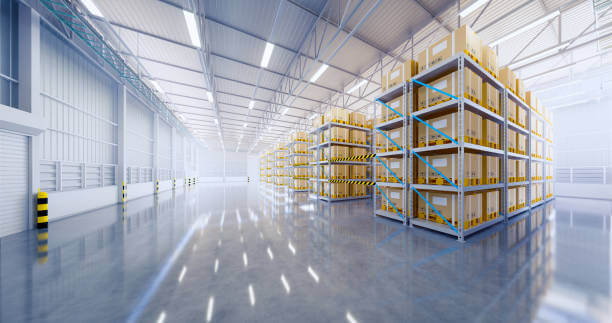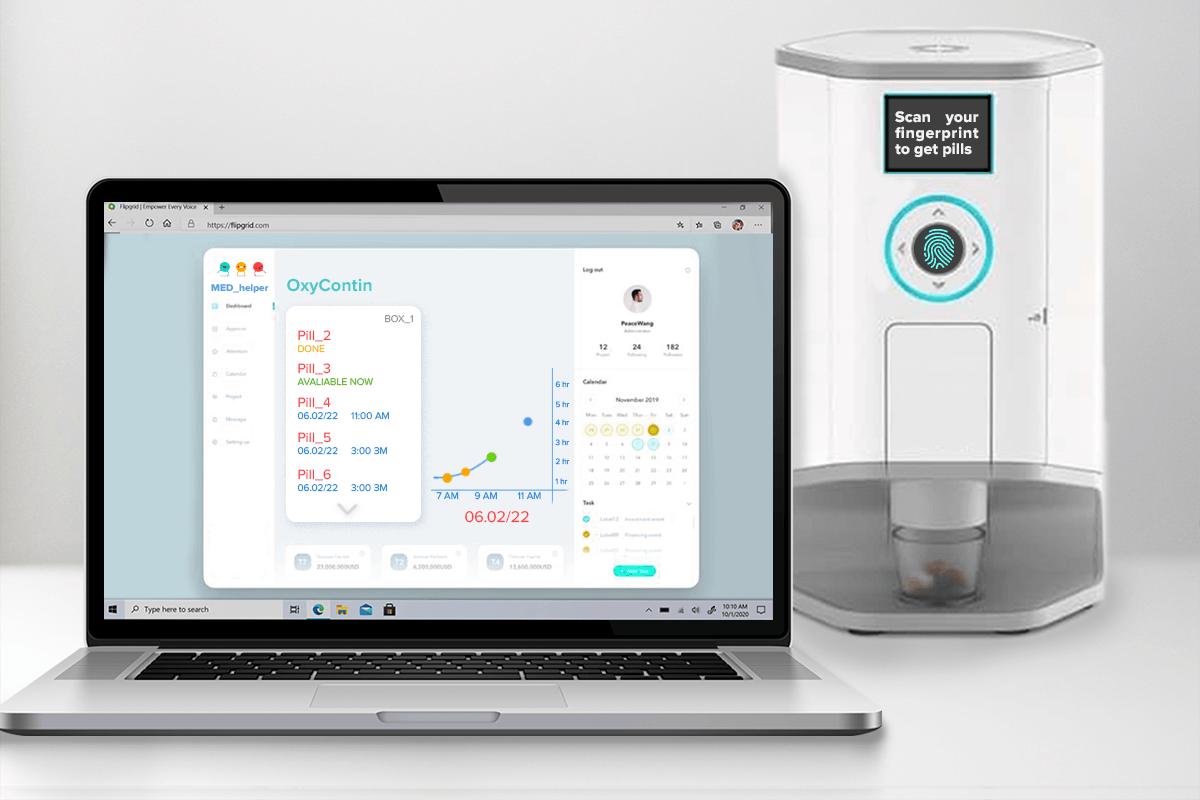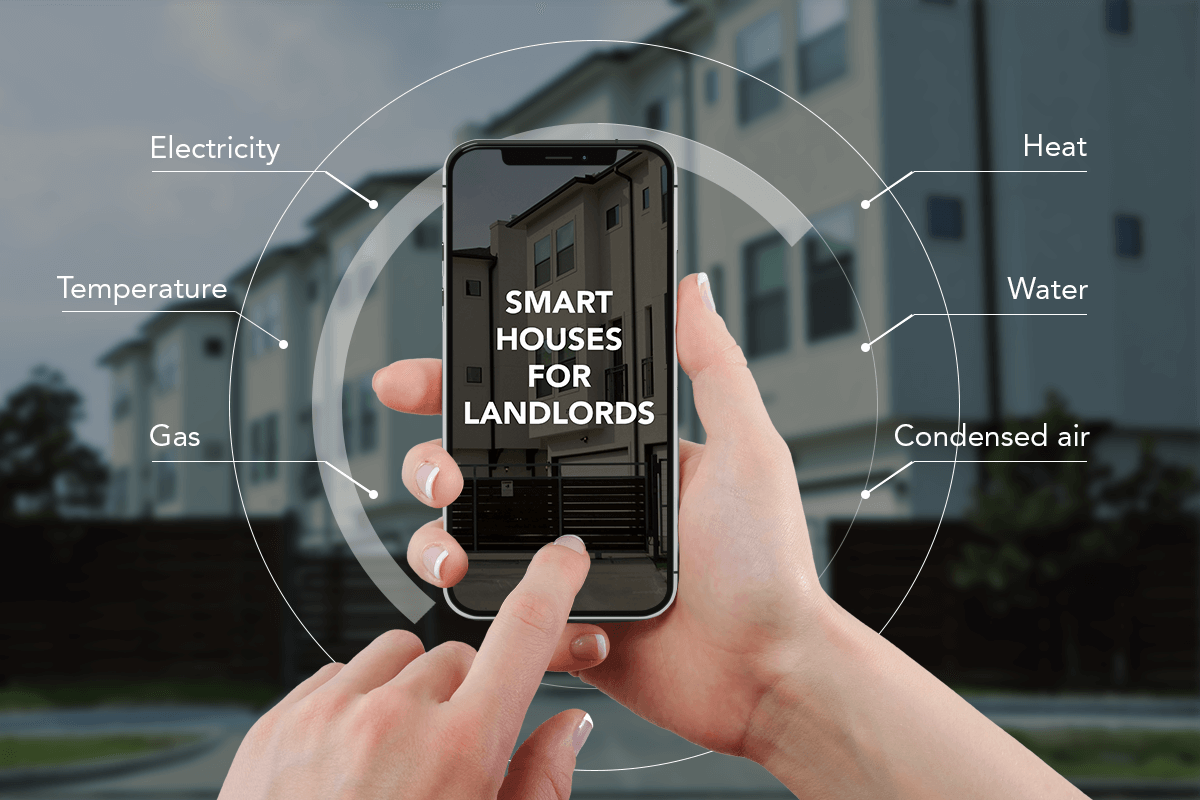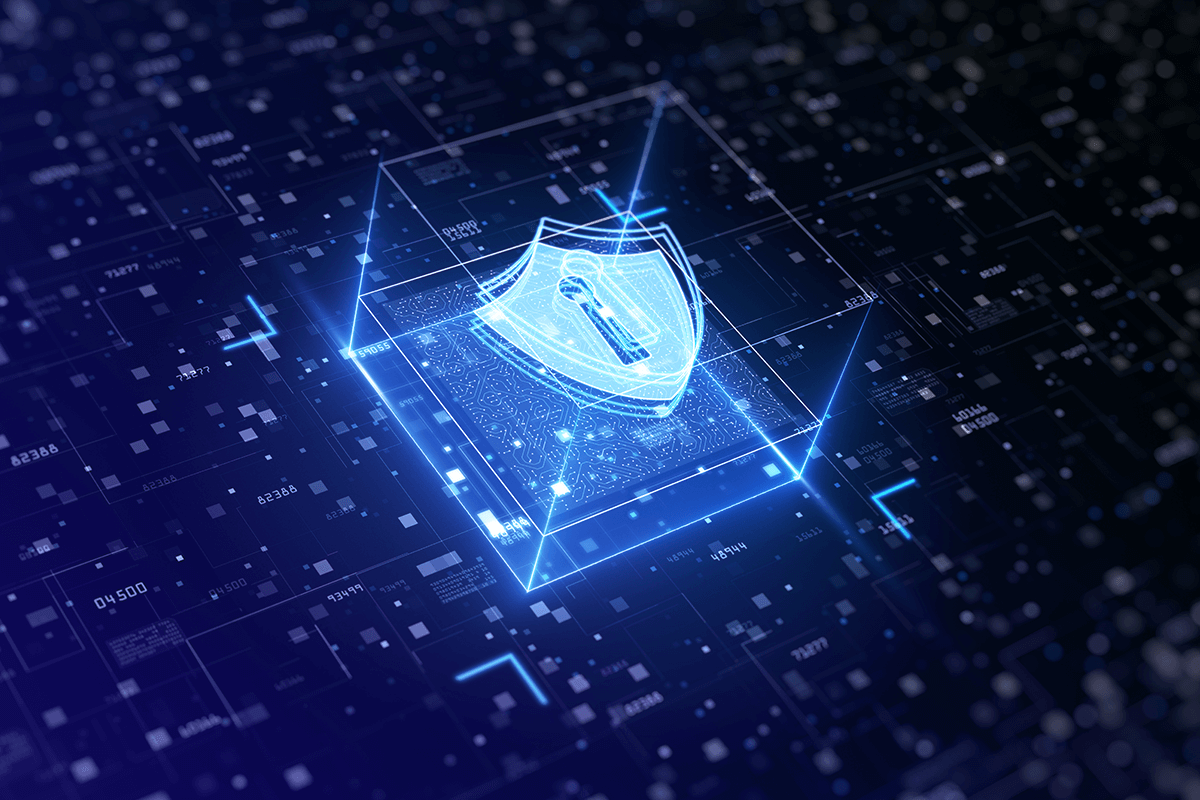Some additional perks of Edge Computing with us:
Enhanced data security
Another advantage of decentralizing IoT with edge computing is secured data. Placing valuable data on IoT edge devices can minimize data loss, making them prone to distributed denial of service (DDoS) attacks and power rages. In addition, it assists in meeting the General Data Protection Regulation (GDPR) compliance: the less sensitive information is sent through your network and stored in your cloud, the better.
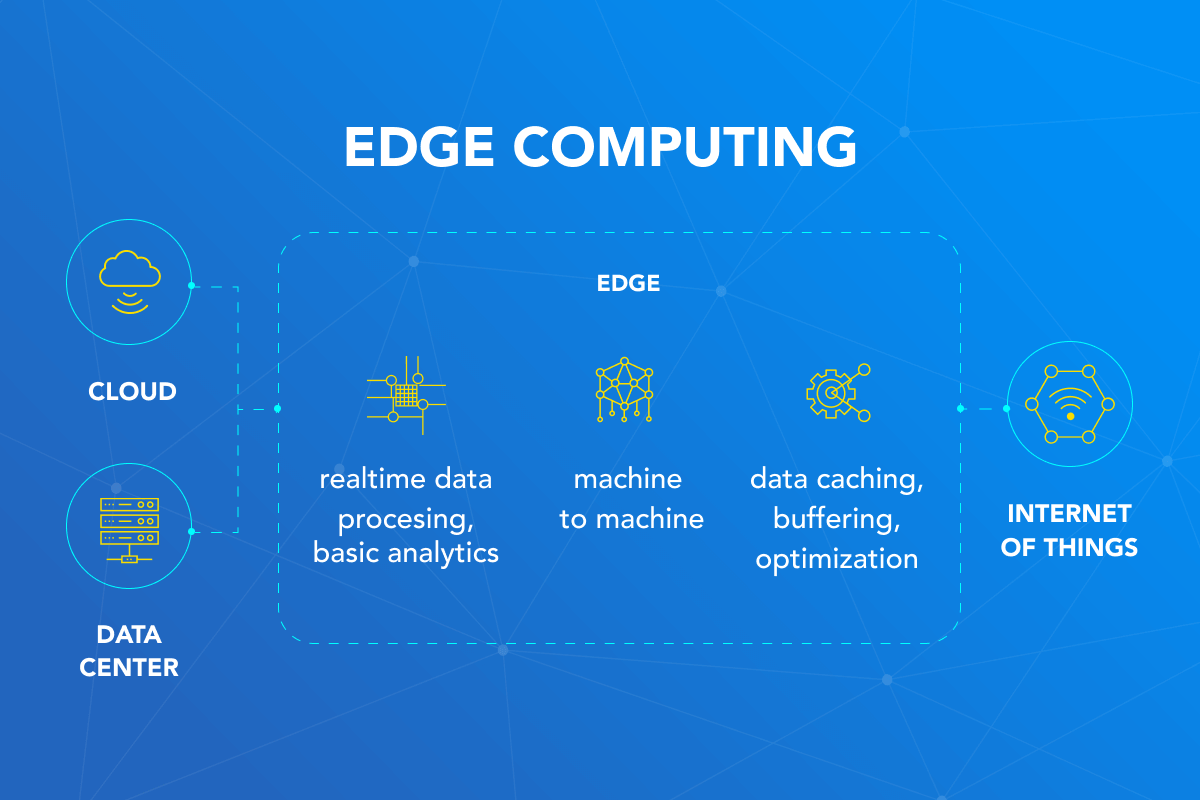
Reduced operational costs
Analyzing data close to where it is collected offers huge benefits in terms of cost. When storing and processing data «at the edge», there is no need in the abundance of cloud storage. Additionally, unnecessary information can be identified, so that only relevant data are backed up. As a result, operational costs are significantly decreased.
Real-Time Data Analysis
The data is usually sent to one central location so that it can be analyzed to take appropriate action. However, edge computing use cases allow data analysis to be performed near the area where it is generated. With edge technologies, data can be stored close to its point of origin, which is optimal for near real-time decision making. It allows taking independent decisions without any oversight of important information. We help to develop new, efficient ways of data analysis with edge computing. Thus, we can significantly improve the decision-making processes based on data for our clients.
Smart Manufacturing
Industrial companies can upgrade their production halls with the latest technology. By analyzing data in virtually real-time, it helps increase productivity and profitability. Companies can help avoid line outages by detecting problems, while edge computing services can analyze the collected data. With the help of this technology, manufacturing becomes more manageable. It also helps to use the full potential and capacity of manufacturing processes.
With the increase in data generation, the need for edge computing will also grow. We understand how to use all the benefits and opportunities of IoT for your business.




